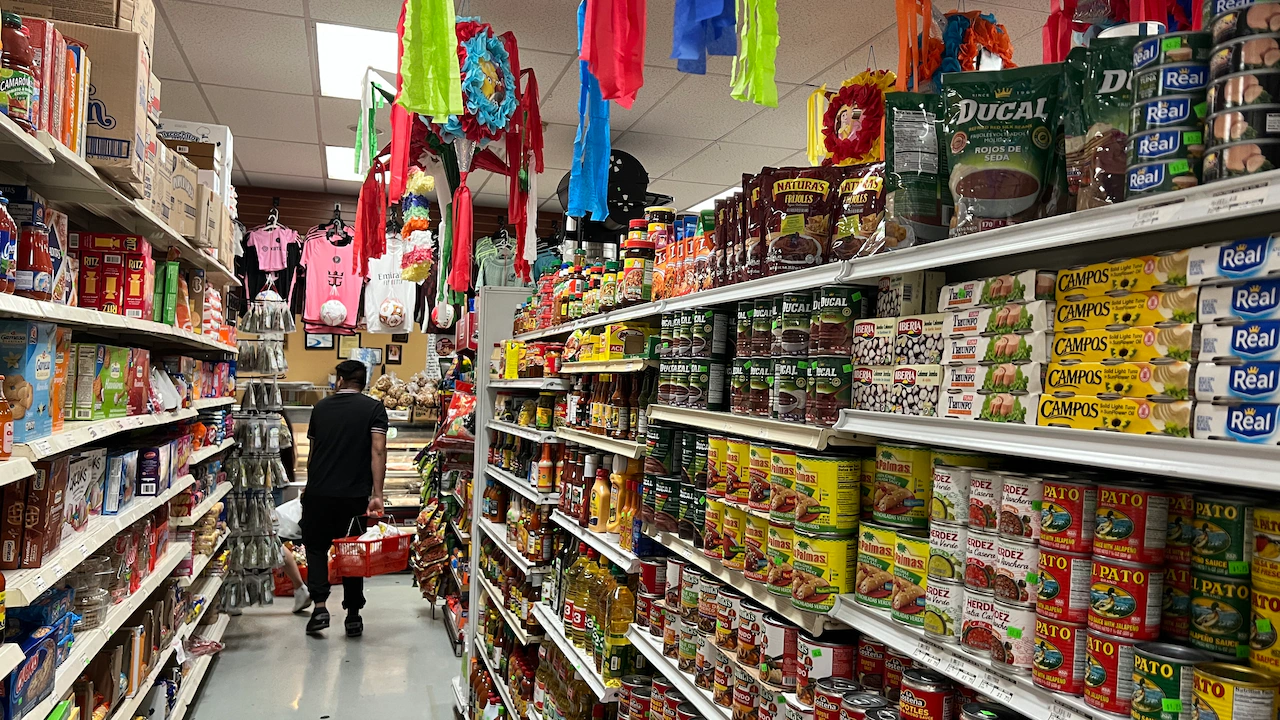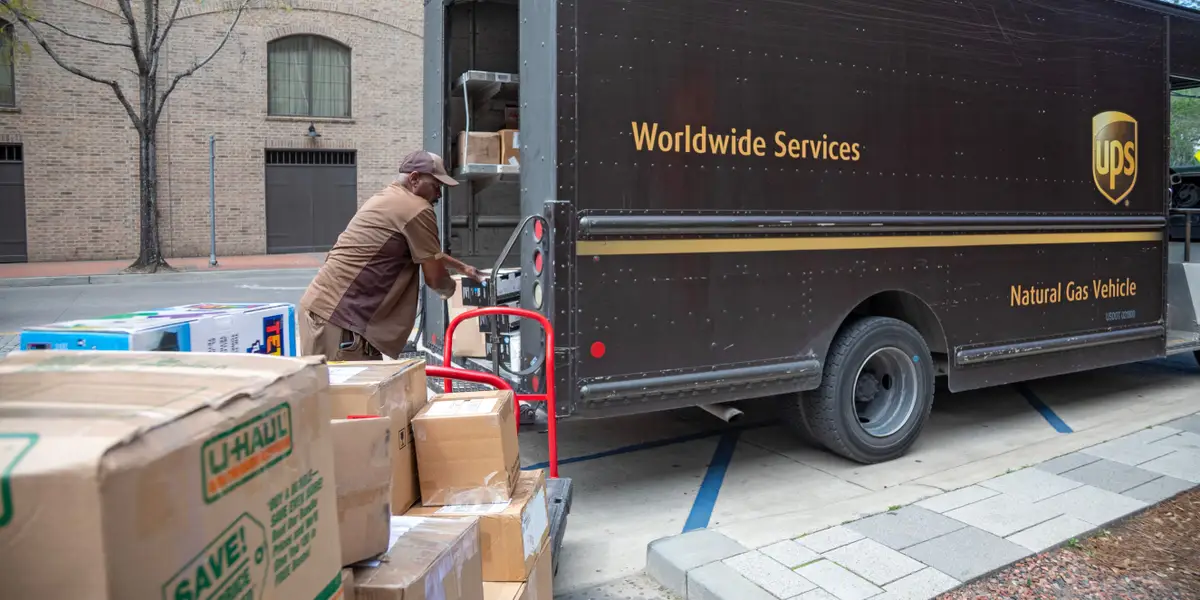Copyright puntlandpost

Boosaaso (PP News Desk) — Puntland State of Somalia, is synonymous with frankincense, given its long historical association with the tree, a product as highly prized and eagerly sought after in the world today as it was in the era of Pharaonic Egypt. One of Egypt’s queens, Hatshepsut, is said to have visited what was then known as the Land of Punt. Puntland continues to uphold this ancient legacy, producing nearly 90% of Somalia’s frankincense, one of the most valuable natural resins in the world. For centuries, frankincense has been harvested in Puntland’s mountainous regions particularly in the Bari region and, to a lesser extent, in Sanaag, where maydi (Boswellia carterii) trees grow naturally on rocky slopes. The resin tapped from these ancient trees is highly valued for use in perfumes, cosmetics, medicine and incense, especially across the Middle East and Europe. Despite Puntland’s prominence in frankincense production, local communities and companies earn only a small share of the global profits generated from its export. In Boosaaso, frankincense is graded, a trade that employs hundreds of workers. However, much of the export business is controlled by middlemen and agents representing foreign buyers, who purchase the raw resin at low prices and sell it abroad at significantly higher margins. This imbalance prevents local harvesters and small enterprises from expanding their businesses. To gain a clearer picture of the situation on the ground, Puntland Post visited and spoke with Somfal Group, one of the few local companies engaged in frankincense production and export. Somfal Group operates a family-managed frankincense farm but also sources resin from other harvesters to meet its annual demand. The company collaborates with international buyers and seeks to establish fairer, more transparent partnerships with small-scale producers. According to Mohamud Yusuf, a representative of Somfal Group, “there is an urgent need to train local harvesters in sustainable methods of growing and harvesting frankincense, as well as in quality control and marketing. “Frankincense trade transforms local livelihoods,” he added, “but we must improve the value chain and invest in sustainability to enable local producers to participate directly in both local and international markets.” © Puntland Post, 2025



